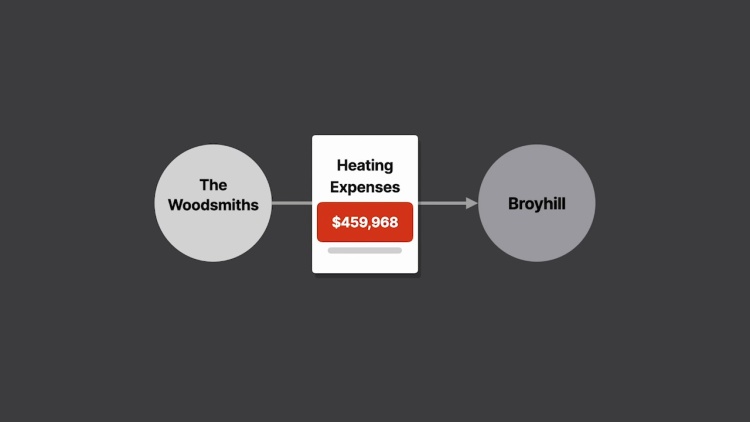Micro Capital Investors, Inc. v. Broyhill Furniture Industries, Inc.
Court of Appeals of North Carolina
728 S.E.2d 376 (2012)
- Written by Angela Patrick, JD
Facts
Micro Capital Investors, Inc. (plaintiff) and another party bought a manufacturing plant from Broyhill Furniture Industries, Inc. (defendant). The plant was then leased to The Woodsmiths Company to use. The plant was in a building with a warehouse that was still used by Broyhill. However, there was only one heating system for the entire building: wood boilers that were run using leftover wood from the manufacturing plant. After negotiating how this issue would be handled, the parties included a provision in the sale agreement stating that the buyers were allowed to charge Broyhill one-fourth “of the total heating bill for the Premises.” Four years later, Woodsmiths sent Broyhill a letter requesting approximately $385,000 for one-fourth of the heating expenses for the building over the last four years. Broyhill paid $50,000, but refused to pay more without proof of the expenses. Woodsmiths later sent an updated cost breakdown with an increased bill for new heating expenses. Broyhill refused to pay without more documentation. Micro sued, claiming Broyhill had breached the provision in the sale contract requiring Broyhill to pay for one-fourth of the total heating bill for the building. During the lawsuit, Micro argued that the total heating bill included direct consumable expenses, utilities, the cost of renting boiler-dust machinery, labor, and fire and boiler insurance. Broyhill argued that customary heating charges would include only fuel, boiler operator wages, and a nominal fee for utilities. Based on this dispute, Broyhill argued that the term “total heating bill” was indefinite. Broyhill claimed that this meant that the parties had never had a meeting of minds about what that term meant—and, therefore, that it could not be enforced. The trial court found that the term was too indefinite and dismissed the claim. Micro appealed.
Rule of Law
Issue
Holding and Reasoning (Elmore, J.)
Concurrence/Dissent (Ervin, J.)
What to do next…
Here's why 911,000 law students have relied on our case briefs:
- Written by law professors and practitioners, not other law students. 47,100 briefs, keyed to 997 casebooks. Top-notch customer support.
- The right amount of information, includes the facts, issues, rule of law, holding and reasoning, and any concurrences and dissents.
- Access in your classes, works on your mobile and tablet. Massive library of related video lessons and high quality multiple-choice questions.
- Easy to use, uniform format for every case brief. Written in plain English, not in legalese. Our briefs summarize and simplify; they don’t just repeat the court’s language.





